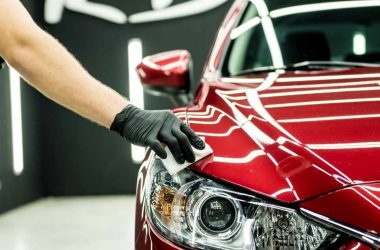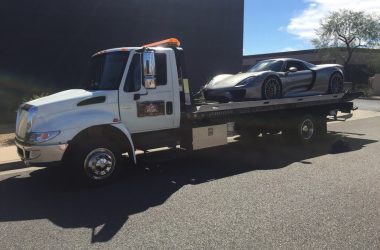In the bustling automotive industry, car dealerships play a crucial role in connecting buyers with their dream vehicles. Whether you’re a seasoned car enthusiast or a first-time buyer, understanding the intricacies of car dealerships licensing requirements is essential for a smooth and secure transaction. In this article, we will delve into the world of car dealership licenses, exploring the reasons behind their necessity, the types of licenses involved, and the steps required to obtain and maintain them.
Why Are Car Dealership Licenses Necessary?
Car dealership licenses serve a dual purpose: protecting consumers and regulating the automotive marketplace. These licenses ensure that individuals and businesses engaged in selling cars adhere to legal and ethical standards. By doing so, they safeguard consumers from potential scams, dishonest practices, and faulty vehicles.
- Consumer Protection: Licensing ensures that car dealerships are accountable for their actions. It mandates transparency in pricing, warranty information, and vehicle history reports, providing buyers with essential information to make informed decisions.
- Quality Assurance: Licensing often requires dealerships to meet specific standards related to vehicle maintenance and safety. This helps maintain the overall quality of vehicles available for sale.
- Revenue Generation: For governments, car dealership licenses generate revenue through application fees, renewal fees, and other associated costs. These funds can then be allocated to various public services and infrastructure projects.
Types of Car Dealership Licenses
Car dealership licenses come in various forms, depending on the specific type of vehicles sold and the activities involved. Here are some common types:
- New Car Dealership License: This license allows businesses to sell brand-new vehicles from specific manufacturers. Obtaining this license typically involves demonstrating a business plan, securing a location, and establishing a relationship with the manufacturer.
- Used Car Dealership License: Dealerships that primarily sell pre-owned vehicles require this license. They may need to meet specific criteria, such as providing warranties, conducting vehicle inspections, and maintaining a designated lot size.
- Wholesale Dealer License: These licenses are for dealers who sell vehicles to other dealers, auctions, or for export purposes. They often need to adhere to strict record-keeping requirements.
- Auto Broker License: Auto brokers act as intermediaries between buyers and sellers, helping clients find specific vehicles. They may need this license, which focuses on the facilitation of transactions rather than vehicle ownership.
- Specialty Vehicle License: Dealerships specializing in specific vehicle types, such as motorcycles, recreational vehicles (RVs), or luxury cars, may require specialized licenses tailored to their niche.
Obtaining and Maintaining Car Dealership Licenses
Obtaining a car dealership license is a structured process that varies from one jurisdiction to another. However, the following steps provide a general overview:
- Business Formation: Establish a legal business entity, such as a sole proprietorship, partnership, LLC, or corporation, depending on your jurisdiction’s requirements.
- Location and Zoning Compliance: Secure a suitable business location and ensure it complies with local zoning regulations.
- License Application: Submit a comprehensive license application to your state’s motor vehicle authority, including all required documentation, fees, and background checks.
- Insurance Coverage: Obtain the necessary insurance coverage, such as liability insurance, garage liability insurance, and surety bonds, as mandated by your jurisdiction.
- Staff Training: Train your staff, especially in areas of customer service, sales ethics, and relevant state laws.
- Compliance with Regulations: Continuously adhere to all local, state, and federal regulations, including those related to vehicle inspections, advertising, and consumer protection.
- Renewal and Compliance Audits: Regularly renew your license and be prepared for compliance audits to ensure ongoing adherence to regulations.
In conclusion, understanding the world of car dealership license is vital for both aspiring dealers and consumers. These licenses serve as a cornerstone of trust and accountability in the automotive industry, safeguarding buyers and promoting ethical business practices. By comprehending the types of licenses available and the steps involved in obtaining and maintaining them, individuals and businesses can navigate the intricate landscape of car dealerships with confidence and integrity.










